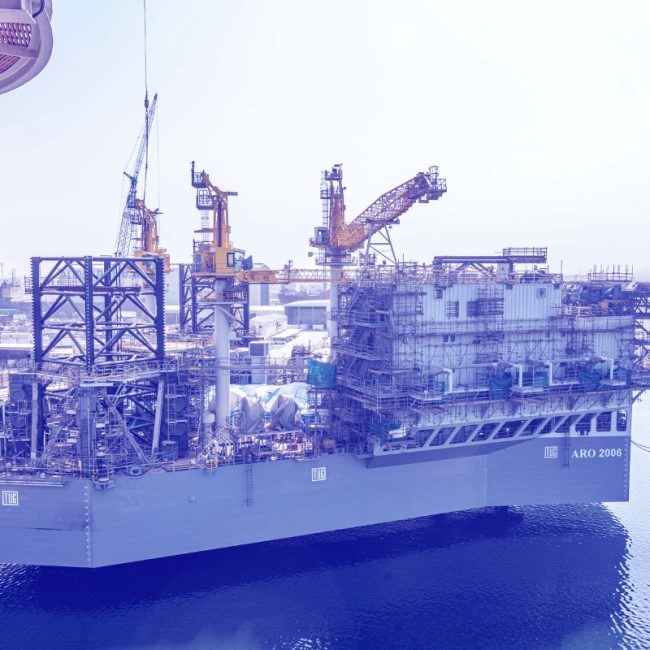Britain and Indonesia agree £4 billion maritime partnership to build vessels and jobs
Britain and Indonesia on November 21 reached a £4 billion partnership led by UK defence firm Babcock to build vessels in Indonesia using British shipbuilding expertise while supporting roughly 1,000 jobs at UK shipyards including Rosyth. The agreement aims to strengthen Indonesia’s naval and maritime capabilities while expanding economic opportunities in the Indo Pacific and raising questions about labor, environmental and equity safeguards.

Britain and Indonesia signed a £4 billion maritime partnership on November 21, 2025, in a deal led by UK defence company Babcock that will see vessels constructed in Indonesia with British technical input and maintenance support. The programme was presented by officials as a way to bolster Indonesia’s naval and maritime capacity, to open export avenues for UK defence suppliers and to sustain roughly 1,000 jobs in the United Kingdom, notably at Rosyth and at other UK shipyards.
Beyond warships and naval platforms, the partnership is intended to include initiatives connected to fisheries management, marine conservation and coastal resilience. Governments framed the arrangement as broader economic and security cooperation in the Indo Pacific, announced as part of bilateral diplomacy during international leader level gatherings in late November.
The deal carries immediate economic implications for communities on both sides. In the United Kingdom, shipbuilding towns that felt the pain of industrial decline are likely to see a near term boost in employment and subcontractor activity. Rosyth, long associated with naval work, could benefit from steadier flows of engineering and maintenance work that support local supply chains and training pipelines. For small suppliers and regional economies, the challenge will be converting headline job numbers into steady career pathways that include apprenticeships, health and safety protections and long term contracts.
In Indonesia, local construction of vessels promises technology transfer and new employment in shipyards and port services. That local capacity could expand Indonesia’s coastal industry and provide domestic benefits beyond defence procurement. Inclusion of fisheries and conservation elements points to opportunities for projects that improve maritime stewardship and bolster food security through better management of stocks and coastal habitats.
Public health and environmental considerations are central to whether the partnership delivers equitable gains. Shipbuilding and supporting industries expose workers to hazardous materials and industrial injuries, so robust occupational safety standards and monitoring will be essential. Coastal resilience investments can reduce flood related displacement and waterborne disease risk, but their design must reflect local community priorities and the needs of the most vulnerable populations. Marine conservation measures linked to the programme could protect ecosystems that underpin nutrition and livelihoods, if implemented with transparency and local participation.
The agreement also raises policy questions about arms exports, export controls and the balance between defence commerce and development goals. For the UK government and industry, the partnership is an opportunity to craft an industrial strategy that pairs defence exports with social safeguards and environmental safeguards. For Indonesia, the task will be to ensure that capacity building benefits a broad cross section of coastal communities rather than concentrating gains among a small set of suppliers.
As governments move from agreement to implementation, the ultimate measure of success will be whether the investment sustains safe employment, strengthens coastal resilience and advances maritime stewardship while distributing economic benefits fairly across the communities that host and support the work.


